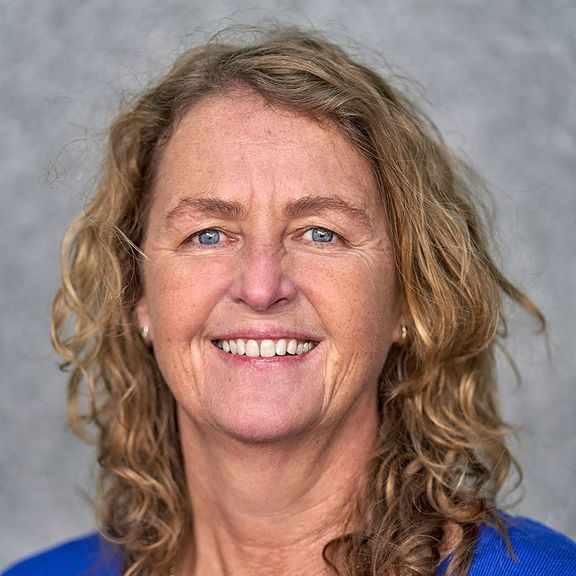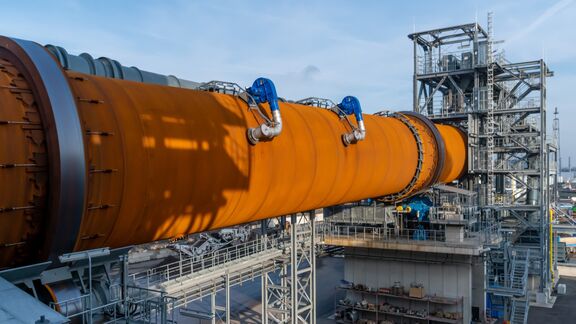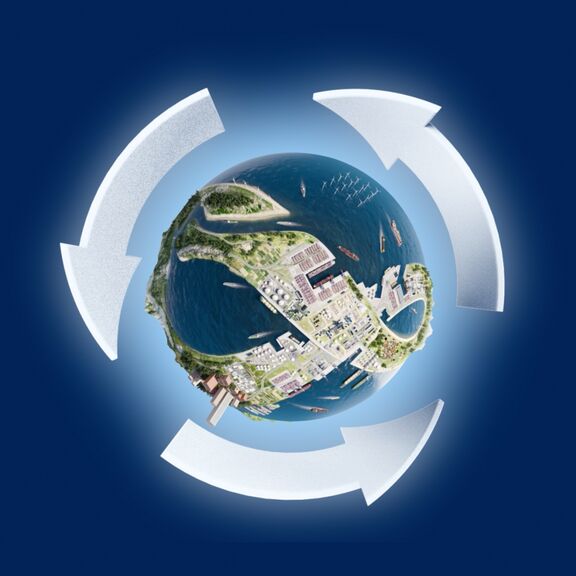
Circular port
A circular economy requires an integrated approach and A circular economy means that we use our things for longer and reuse and recycle materials. In that way, raw materials do not ‘run out’, the damage to nature and the environment decreases and no additional CO2 enters the atmosphere due to waste incineration. It also reduces the dependency of the Netherlands and Europe on the rest of the world. The Netherlands has the ambition of not only being climate neutral by 2050, but also of having a fully circular economy.
For Rotterdam’s chemical industry that means that everything now made from oil will eventually come from waste, hydrogen, CO2 and biomaterial: from kerosene to plastic. This means that not only will we need to use other techniques, but also that new value chains will emerge with other parties.
As a port and raw materials cluster, Rotterdam wants to make a significant contribution to this transition. The Port of Rotterdam Authority collaborates with various partners on the development of new, circular value chains. Examples of this are recycling plastics and batteries, as well as, for example, reusing wind turbine blades in a useful way.
BEST PRACTISES
THERMAL CLEANING OF TAR-BEARING ASPHALT
By way of thermal cleaning, REKO converts tar-bearing asphalt into new raw materials for the construction industry, such as sand, gravel and binding agents. This thermal recycling process also generates heat, which is converted into high-pressure steam and converted into electricity.
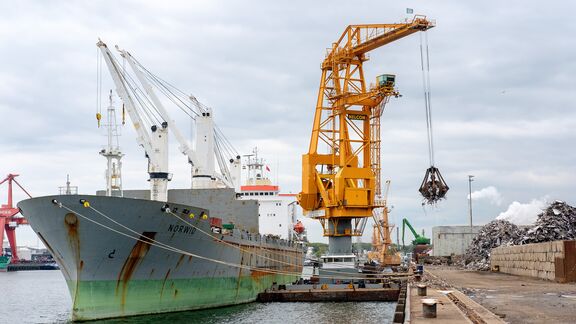
WASTE TO PURE RAW MATERIAL
EMR Netherlands is the only metal recycling company in the Netherlands with an End-of- Waste (EoW) certificate. By working in this way, EMR Netherlands is committed to a sustainable and circular economy with the goal of zero emissions. How this works?
INDUSTRIAL WASTEWATER TO CHLORINE
New circular manufacturing processes start small. They start as a pilot and go through various stages. For example, how do you turn wastewater into chlorine?
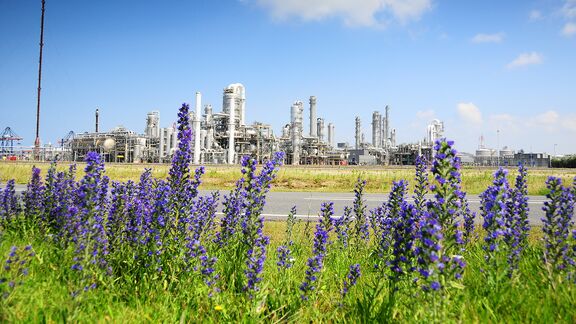
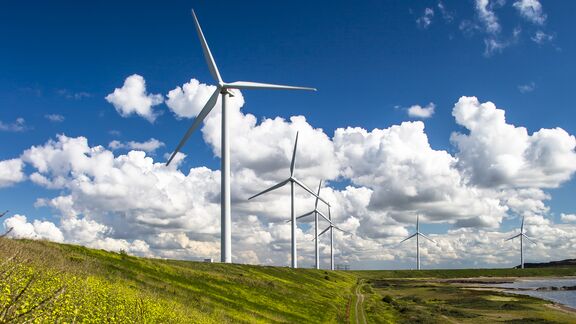
RECYCLING WIND TURBINE BLADES
Wind turbine blades, countertops, furniture: the application areas of thermoset composite are numerous. How can these applications be recycled?
Rotterdam as circular hub
Is your company involved in the circular economy? See the opportunities for developing new circular activities in the port or which circular companies are already in the port, with whom you may be able to cooperate.
Processing types
-
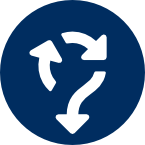 Downcycle
Downcycle
-
 Recycle
Recycle
-
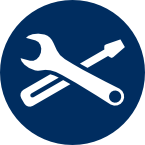 Repair
Repair
-
 Repurpose
Repurpose
-
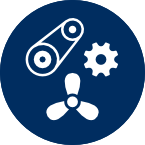 Refurbish
Refurbish
Innovationhubs
-
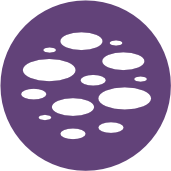 Location where start-ups and grow-ups further develop their circular ideas and technologies
Location where start-ups and grow-ups further develop their circular ideas and technologies
DRIFT research offers the port of Rotterdam guidelines for the raw material transition
Different product processes, non-fossil raw materials and rare materials are crucial for a CO2-neutral, circular society. What role can the port of Rotterdam play in the raw material transition and which choices have to be made to achieve that? Those are the central questions in recent DRIFT research, commissioned by the Port of Rotterdam Authority. The result of this collaboration is The raw material transition for the Port of Rotterdam report.
More information? Contact:
